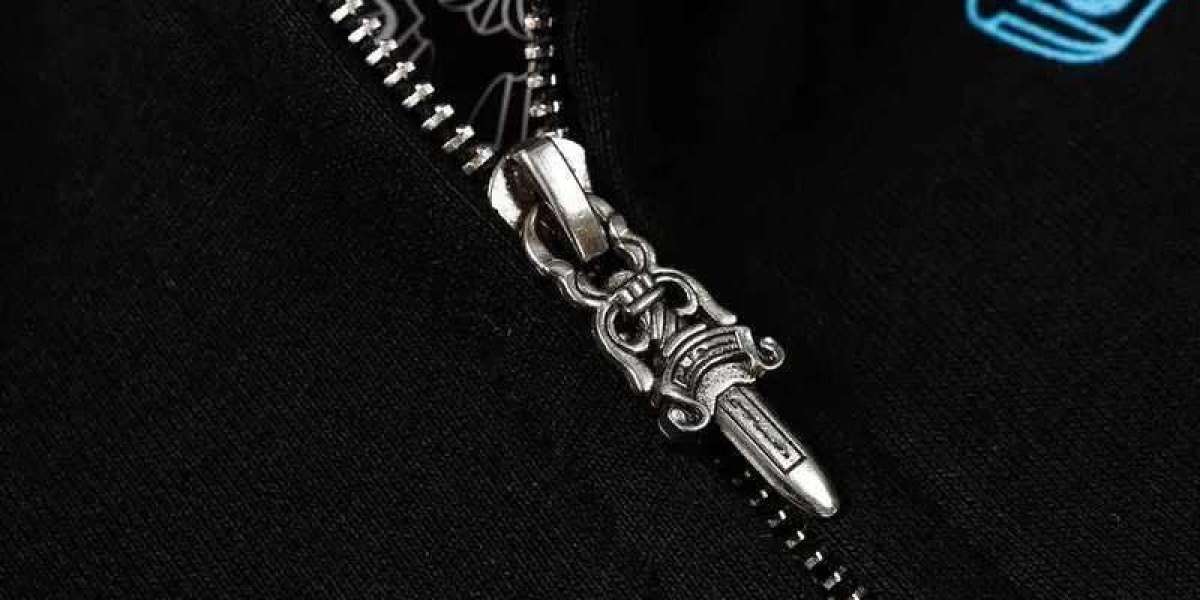Do you have an old, unwanted car sitting in your driveway or garage? You might think it's harmless, just taking up space. But junk cars can quietly cause environmental harm if they’re not disposed of properly. The good news? Junk car removal services offer a simple, eco-friendly solution.
In this blog, we’ll explain how junk car removal benefits the environment, what happens to your vehicle after it's towed away, and why recycling old vehicles makes a real difference.
Prevents Soil and Water Contamination
When cars sit unused for long periods, fluids like oil, brake fluid, transmission fluid, and coolant can leak. These chemicals are toxic and can seep into the ground, reaching underground water supplies or flowing into storm drains.
One quart of motor oil can contaminate up to 1 million gallons of water, according to the U.S. Environmental Protection Agency (EPA). That’s why removing junk cars promptly is essential—it prevents leaks before they can harm the environment.
Junk car removal companies are equipped to handle hazardous fluids. They drain and dispose of them safely, following strict environmental guidelines.
Reduces the Need for New Raw Materials
Every car contains valuable metals like steel, aluminum, copper, and platinum. When junk cars are recycled, these metals are recovered and reused in manufacturing. This reduces the demand for mining raw materials, which is both energy-intensive and environmentally damaging.
Here’s a comparison to show the impact:
| Material | Energy Saved by Recycling (compared to mining) |
|---|---|
| Steel | 74% |
| Aluminum | 95% |
| Copper | 85% |
By choosing junk car removal, you support the recycling process and help conserve natural resources.
Helps Reduce Air Pollution
Producing new car parts from raw materials requires a lot of energy, usually from fossil fuels. This process releases carbon dioxide and other greenhouse gases that contribute to climate change.
On the other hand, recycling car parts uses significantly less energy. Junk car removal reduces the need for manufacturing new parts, which means fewer emissions from factories and power plants.
Additionally, older vehicles often emit more harmful pollutants than newer models. Removing junk cars from the road cuts down on carbon monoxide, nitrogen oxide, and hydrocarbons in the air.
Promotes Responsible Auto Recycling
Licensed junk car removal services follow ethical recycling practices. After a vehicle is collected, it goes through a dismantling process where reusable parts are salvaged. These include:
- Engines and transmissions
- Tires and rims
- Batteries
- Catalytic converters
Parts that can’t be reused are broken down, sorted, and sent for recycling. What’s left behind is properly disposed of, so nothing ends up in a landfill unnecessarily.
This structured process ensures that every part of the car is either reused, recycled, or disposed of safely.
Encourages a Circular Economy
A circular economy focuses on reducing waste by reusing, repairing, and recycling materials. Junk car removal contributes to this system by keeping automotive materials in use for as long as possible.
Instead of dumping a car in a junkyard and forgetting about it, recycling gives the car new life. Its parts become components in other vehicles, appliances, or even buildings.
When more people participate in this process, it creates a ripple effect—less waste, lower production costs, and a cleaner planet.
Prevents Illegal Dumping
Abandoned vehicles are not only an eyesore—they’re a real environmental threat. They often attract vandalism, become nests for pests, and leak harmful substances over time. Worse, they’re sometimes dumped in remote areas, where cleanup is difficult and expensive.
Junk car removal services offer a legal, safe, and efficient way to get rid of unwanted vehicles. When disposal is easy and accessible, fewer people resort to illegal dumping.
Makes Room for Greener Choices
Keeping an old, unused car just because it’s too much trouble to move doesn’t help anyone. Once it’s removed, you free up space for better uses—like switching to a fuel-efficient or electric vehicle.
Modern cars have stricter emissions standards and better fuel economy. Making the transition to newer, greener vehicles reduces your personal carbon footprint over time.
What You Can Do
If you have a junk car, consider taking action today. For those in Queensland, choosing a local service like Car Removal Caboolture ensures that your vehicle is handled responsibly while also supporting nearby recycling efforts. Here are a few quick steps to get started:
- Find a certified junk car removal service. Look for one that follows eco-friendly disposal practices.
- Remove personal belongings and paperwork. Make sure you take out any valuables and cancel your insurance.
- Get a quote. Many services will pay you for your junk car based on its condition and weight.
- Schedule the pickup. Most companies offer free towing and will handle everything. Learn more
Final Thoughts
Junk car removal is more than just getting rid of an old vehicle. It plays a direct role in protecting soil and water, conserving resources, reducing emissions, and supporting a cleaner, more sustainable future.
By choosing to recycle your old car, you’re doing something small that contributes to something much bigger: the health of our environment.
If you’ve got a car that’s no longer running or beyond repair, don’t let it sit and rust. Reach out to a local junk car removal service and make the responsible choice today.


